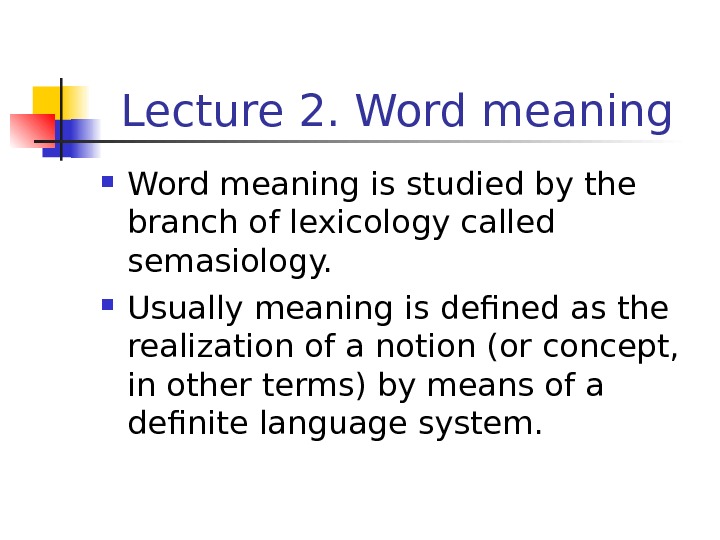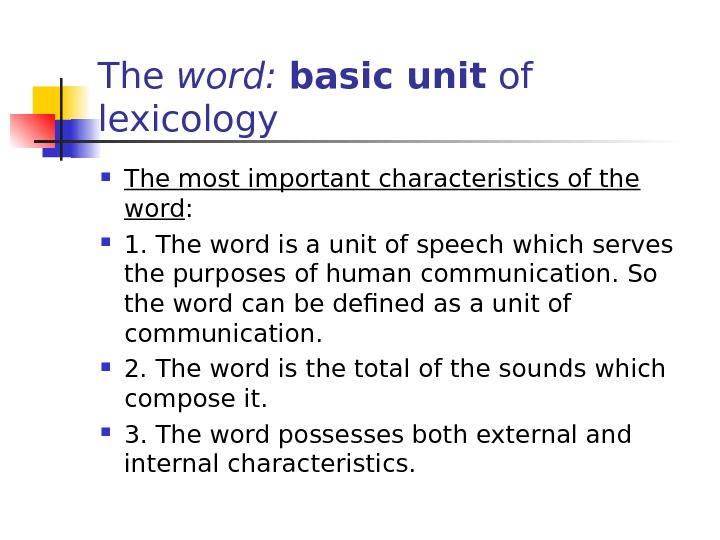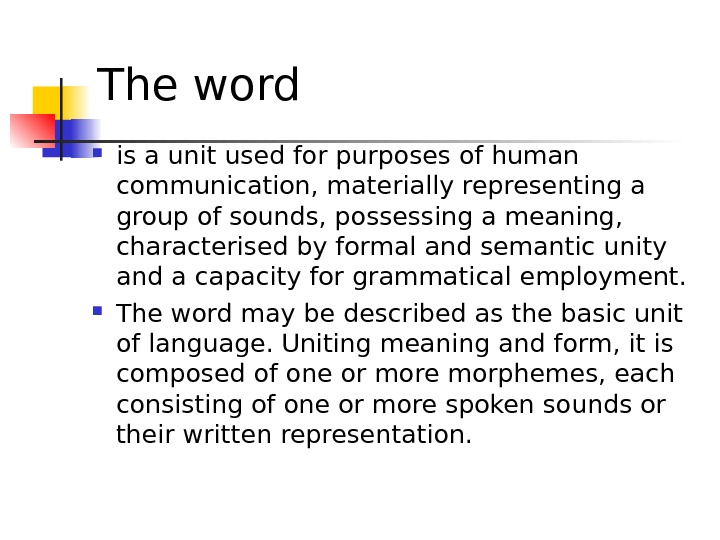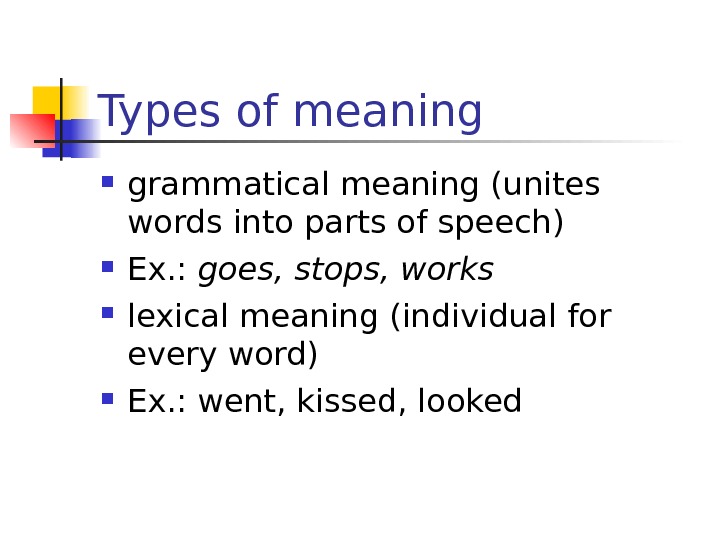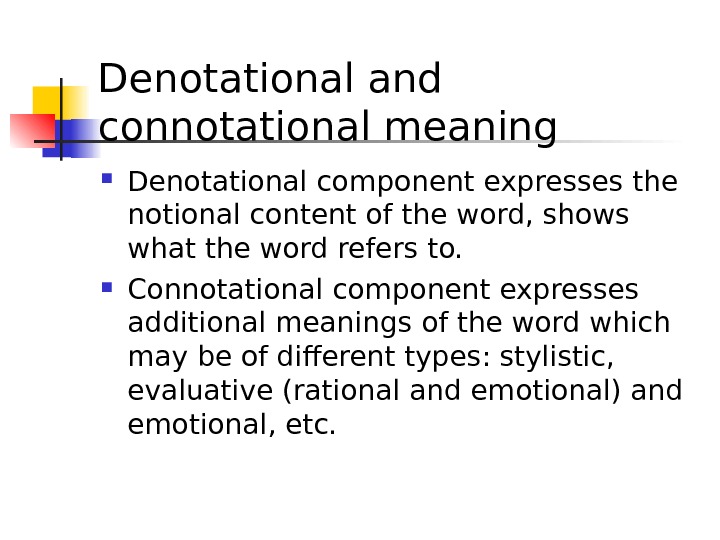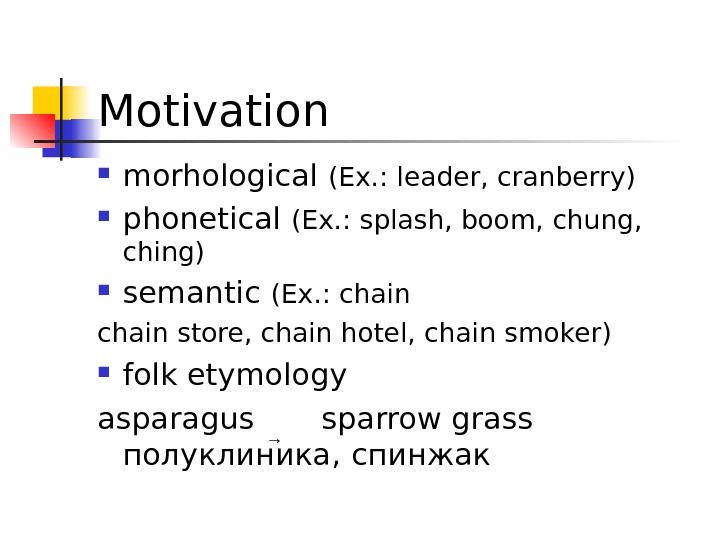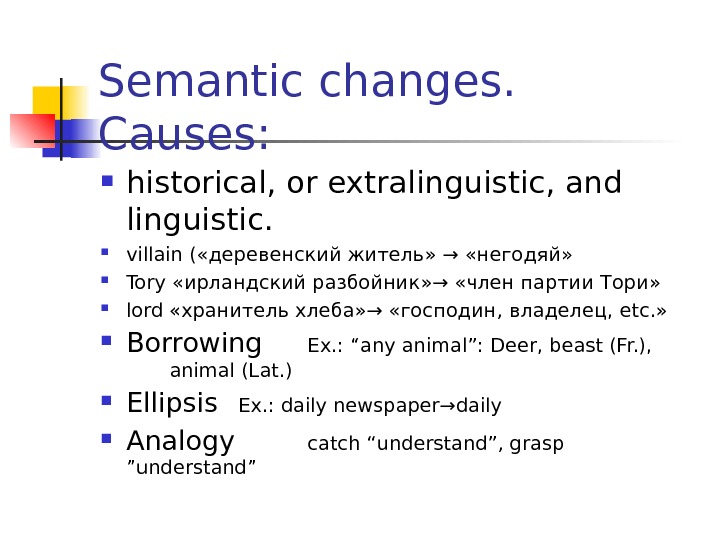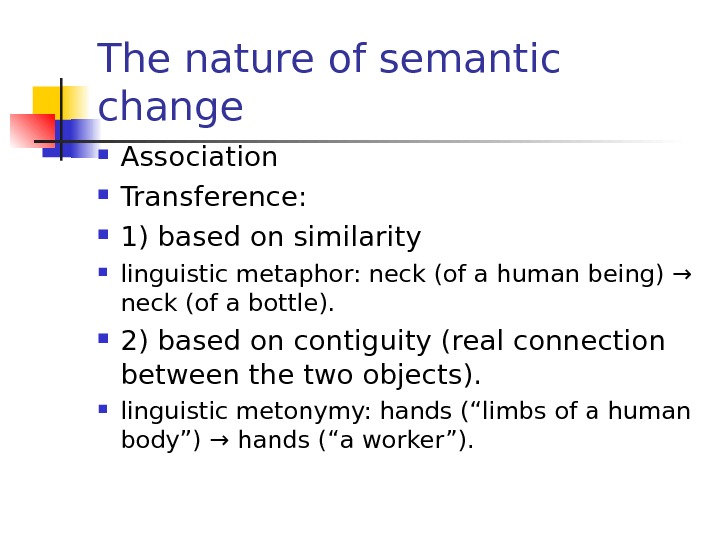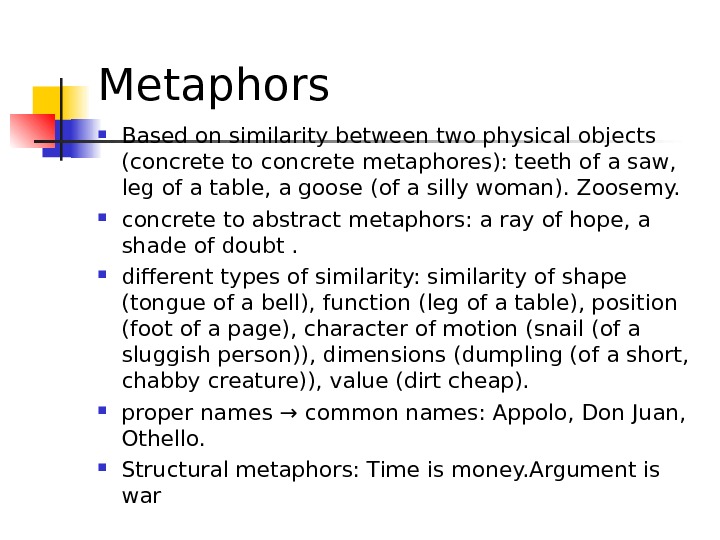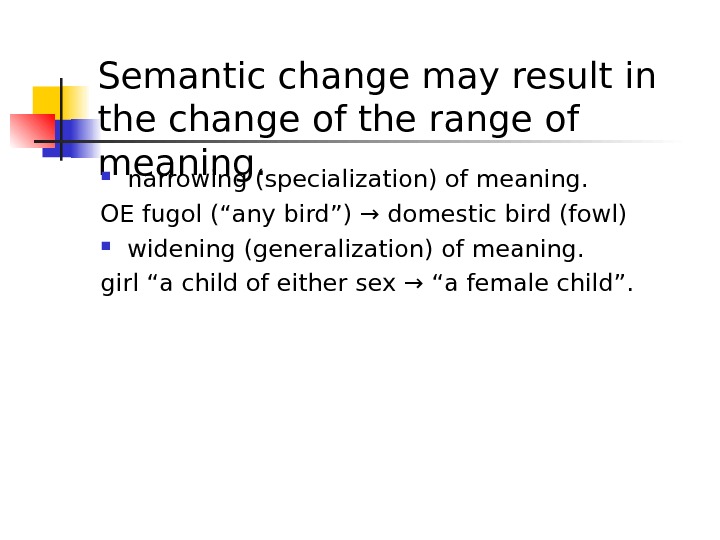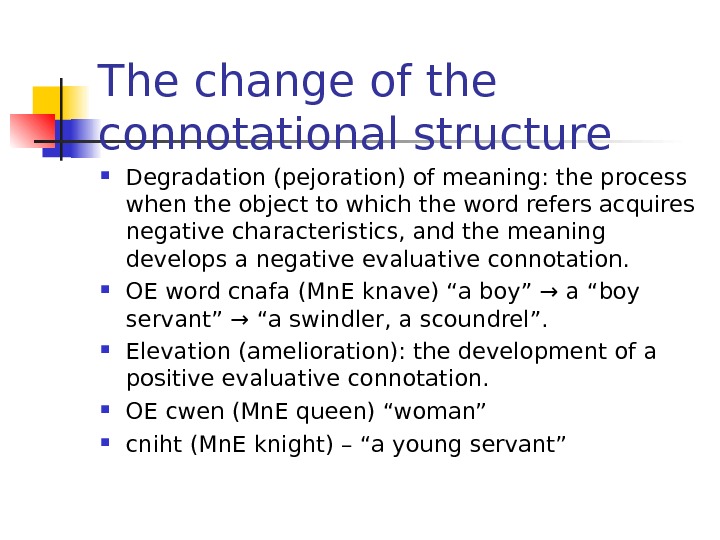Have you ever heard idioms like “variety is the spice of life”? This article will teach you all you need to know about the word variety.
After reading this article, you will know the definition of the word variety, how to use variety in a sentence, the origin of the word variety, and more! Some might say you’ll know about a variety of topics!
Read on to familiarize yourself with many topics related to the word variety.
What Does Variety Mean?
According to Dictionary, variety is a noun with several meanings. First, the word variety can refer to a state of diversity, discrepancy, or difference. The word variety can also refer to a category’s type, form, condition, or kind of things. The pronunciation of variety is vəˈraɪəti.
How Can Variety Be Used in a Sentence?
People can use the word variety in a variety of different ways! First, take a look at the example sentences below with the word variety, and see if you can figure out how this word of the day is used. Then, come up with your own example sentences that contain variety as practice!
Using new words in a sentence is a fantastic way to remember their definitions, but there are a variety of strategies you can use, including making quizzes or flashcards for yourself.
Example #1: A Variety of Poses
The contortionist bent herself in a variety of ways, showing a different form to the judges in each of her poses. They were very impressed, and she won the showcase.
Example #2: The Variety Store
The variety store carried a number of different things, including snacks, games, toys, and treats. We always loved going there after school to pick up something fun.
Example #3: A Variety Show
The variety show had segments of all different kinds, including vaudeville skits, quizzes and trivia shows, and special acts like jugglers.
Example #4: A Variety of Reasons
The scientists discovered a variety of reasons why the subspecies somehow lost its tail, but none of them could be proven. So, this mystery remains unsolved.
What Is the Etymology of Variety?
According to Your Dictionary, the word variety originates from the French variété. This word comes from the Old French variété, Latin varietās, varius, and varietāt. These roots also give us English words like various, varied, and variation.
What Are Translations of Variety?
The word variety has translations in a variety of world languages! (And no, we will never get sick of variety puns!)
If you’re traveling somewhere where people do not speak American English, you can utilize this list of translations of variety from Nice Translator.
You might notice that some of the below translations look similar to the word variety, while others look quite different.
This is likely because those which look similar to the word variety share a root or language of origin. These are called cognates. Those that look different probably come from a different source. See if you can tell which of these words have the same word origin as variety!
- Russian: разнообразие
- Kannada: ವಿವಿಧ
- Latvian: šķirne
- German: Vielfalt
- Swahili: tofauti
- Thai: ความหลากหลาย
- Vietnamese: đa dạng
- Marathi: विविधता
- Italian: varietà
- Portuguese (Brazil): variedade
- Norwegian: variasjon
- Amharic: የተለያዩ
- Chinese (Taiwan): 種類
- Slovak: odroda
- Gujarati: વિવિધતા
- Ukrainian: різноманітність
- Portuguese (Portugal): variedade
- Icelandic: Fjölbreytni
- Filipino: iba’t-ibang
- Malayalam: വൈവിധം
- Finnish: lajike
- Bengali: বিভিন্ন ধরণের
- Romanian: varietate
- Welsh: hamrywiaeth
- Arabic: تشكيلة
- Serbian: разноликост
- Bulgarian: сорт
- Czech: odrůda
- Estonian: sort
- Urdu: مختلف قسم کے
- Basque: aldaera
- Dutch: verscheidenheid
- Greek: ποικιλία
- Tamil: பல்வேறு
- Lithuanian: Įvairovė
- Slovenian: sorte
- Croatian: raznolikost
- Chinese (PRC): 种类
- Spanish: variedad
- Japanese: バラエティ
- Indonesian: variasi
- Korean: 다양성
- Hindi: विविधता
- Polish: różnorodność
- Hebrew: מגוון
- Swedish: mängd
- Catalan: varietat
- Telugu: వివిధ
- Danish: bred vifte
- French: variété
- Turkish: çeşitlilik
- Hungarian: fajta
- Malay: pelbagai
What Are Synonyms of Variety?
Several words have the same meaning as the word variety. If you feel that you have used the word variety too much in your writing or speech, you can opt to use one of the below synonyms from Power Thesaurus in place of the word variety.
Learning synonyms for words like variety is a great way to change up your normal speech and writing patterns to keep things interesting.
- array
- assortment
- brand
- breed
- cast
- category
- change
- choice
- class
- classification
- collection
- description
- difference
- different
- disparity
- dissimilarity
- diverse
- diverseness
- diversification
- diversity
- form
- genre
- genus
- group
- heterogeneity
- kind
- make
- medley
- miscellanea
- miscellany
- mixed bag
- mixture
- model
- motley
- multifariousness
- multiplicity
- nature
- number
- order
- plurality
- potpourri
- quality
- range
- salmagundi
- selection
- several
- smorgasbord
- sort
- species
- stamp
- strain
- stripe
- style
- type
- variance
- variation
What Are Antonyms of Variety?
Several words also have the opposite meaning as variety, listed below from Power Thesaurus. You can study antonyms of words like variety to expand your vocabulary quickly.
- accuracy
- acerbic
- acid
- affinity
- analogy
- answer
- blade of grass
- certainty
- clarification
- comparison
- conformity
- constancy
- correction
- defined band of
- equality
- evenness
- explanation
- explication
- few
- finite number of
- handful of
- harmony
- homogeneity
- homogeneousness
- identity
- insignificant amount
- insignificant amounts of
- insignificant degree of
- insignificant percentage of
- insignificant portion of
- insignificant proportion of
- insignificant share of
- interpretation
- invariability
- key
- likeness
- limited amount of
- limited array
- monotone
- parity
- resemblance
- sameness
- similarity
- similitude
- uniformity
Conclusion
The definition of variety is a noun that either refers to a state of difference or discrepancy or a type or sort of something. The word variety is very common, and you will probably see it a lot in sentences written or spoken in the English language.
Do you prefer having variety in your everyday life, or do you enjoy a more steady routine? You know what they say, variety is the spice of life!
Sources:
- Variety antonyms – 190 Opposites of Variety | Power Thesaurus
- Variety synonyms – 1 699 Words and Phrases for Variety | Power Thesaurus
- Variety Meaning | Best 23 Definitions of Variety | Your English Dictionary
- Variety Definition & Meaning | Dictionary.com
- Variety | Nice Translator
Kevin Miller is a growth marketer with an extensive background in Search Engine Optimization, paid acquisition and email marketing. He is also an online editor and writer based out of Los Angeles, CA. He studied at Georgetown University, worked at Google and became infatuated with English Grammar and for years has been diving into the language, demystifying the do’s and don’ts for all who share the same passion! He can be found online here.
Besides
the term ‘word’ there exists a scientific term lexeme.
This term emerged from the necessity to differentiate a word-form and
the word as a structural element of the language. Thus in the
sentence My
friend has got a lot of books and I borrowed an interesting book
from him the
words
books and
book
are perceived as two words but actually these are the grammatical
variants of one lexeme. The term lexeme was introduced to avoid such
kind of ambiguity. Besides it is in line with the terms of units of
other levels: phoneme, morpheme, phraseme.
Lexeme
is a structural element of the language, word in all its meanings and
forms (variants). Lexeme is an
invariant
(from Lat. invarians
‘unchangeable’),
i.e. “the common property inherent in classes of relatively
homogeneous classes of objects and phenomena” (Сoлнцев, p.
214). This common property is realized in all the variants of a
lexeme’s use in actual speech.
When
used in actual speech the word undergoes certain modifications and
functions in one of its grammatical forms, e.g.
singer, singer’s, singers, singers’ (He is a good singer. I like
the singer’s voice,
etc.) or
to take, takes, took, took, taking.
Grammatical forms of words are called word-forms, or grammatical
variants of
words. In the above example these are variants of the lexemes
singer and
take.
The system showing a word in all its word-forms is called its
paradigm.
The lexical meaning of the word remains unchanged throughout its
paradigm. All the word-forms are lexically identical but they differ
in their grammatical meanings. Actually in each particular context we
deal with particular grammatical variants of lexemes.
Besides
paradigms of particular words, such as boy,
boy’s, boys, boys’
there is an abstract notion of paradigms of parts of speech. For
instance, the paradigm of the noun is ( ), (-’s), (-s), (-s’),
the paradigm of the verb is ( ), -s, -ed, -ed, -ing. The sign ( )
stands for a zero morpheme, i.e. its meaningful absence.
Besides
the grammatical forms (variants) of words, lexical varieties of the
word are distinguished, which are called lexico-semantic
variants (LSVs).
The overwhelming majority of English words are polysemantic, i.e.
they have more than one meaning but in actual speech a word is used
in one of its meanings. Such a word used in oral or written speech in
one of its meanings is called a lexico-semantic variant.
E.g.
to
call —
1) say in a loud voice: She
called for help,
2) pay a short visit: I
called on Mr. Green,
3) name: We
call him Dick,
4) consider, regard as: I
call that shame,
5) summon, send a message to: Please
call a doctor.
The verb
to call is
presented here by five LSVs.
Many
lexemes have more than one variants of pronunciation. They are
phonetic variants of lexemes. Phonetic
variants are
different ways of pronouncing certain lexemes, e.g. again
[ə`gein,
ə`gen], interesting
[`intristiŋ,
intə`restiŋ], often
[`o:fn,
`ofn, `ofən, `oftən], etc. There are also graphical
variants,
i.e. different ways of spelling one and the same lexeme:
inquire/enquire.
To
morphological
variants belong
the cases of certain differences in the morphological composition of
words not accompanied by differences in meaning. These are the cases
of the two variants of the Past Indefinite tense: to
learn – learnt, learned, to leap – leapt, leaped; to spoil –
spoilt, spoiled; to dream – dreamt, dreamed, to broadcast
– broadcast,
broadcasted,
etc. Also to morphological variants belong parallel formations like:
phonetic
– phonetical, geologic – geological,
etc. Phonetic and morphological variants are modifications of the
same lexeme as the change in the composition of a word is not
followed by a change in meaning. In case of different meanings we
deal with different lexemes. Compare for instance economic
‘экономический‘
and
economical
‘экономный’
which
are different lexemes.
Thus,
within the language system the word or lexeme exists as a system and
unity of all its forms and variants. It is an invariant
–
the structural unit of the language.
Соседние файлы в предмете [НЕСОРТИРОВАННОЕ]
- #
- #
- #
- #
- #
- #
- #
- #
- #
- #
- #
- Top Definitions
- Synonyms
- Quiz
- Related Content
- Examples
- British
This shows grade level based on the word’s complexity.
[ vuh—rahy-i-tee ]
/ vəˈraɪ ɪ ti /
This shows grade level based on the word’s complexity.
noun, plural va·ri·e·ties.
the state of being varied or diversified: to give variety to a diet.
difference; discrepancy.
a number of different types of things, especially ones in the same general category: a large variety of fruits.
a kind or sort.
a different form, condition, or phase of something: varieties of pastry; a variety of economic reforms.
a category within a species, based on some hereditary difference.
a type of animal or plant produced by artificial selection.
Philately. a stamp differing from others of the same issue through an accident other than an error of an artist or printer.Compare error (def. 8), freak1 (def. 5).
Also called variety show . entertainment of mixed character, consisting of a number of individual performances or acts, as of singing, dancing, or skits.Compare vaudeville (def. 1).
adjective
of, relating to, or characteristic of a variety: a variety performer.
QUIZ
CAN YOU ANSWER THESE COMMON GRAMMAR DEBATES?
There are grammar debates that never die; and the ones highlighted in the questions in this quiz are sure to rile everyone up once again. Do you know how to answer the questions that cause some of the greatest grammar debates?
Which sentence is correct?
Origin of variety
1525–35; <Latin varietās, equivalent to vari(us) various + -etās, variant of -itās-ity after a vowel
usage note for variety
3, 5. As a collective noun, variety, when preceded by a, is often treated as a plural: A variety of inexpensive goods are sold here. When preceded by the, it is usually treated as a singular: The variety of products is small. See also collective noun.
OTHER WORDS FROM variety
non·va·ri·e·ty, noun, plural non·va·ri·e·ties.o·ver·va·ri·e·ty, nounsub·va·ri·e·ty, noun, plural sub·va·ri·e·ties.
Words nearby variety
variegated, variegation, varier, varies, varietal, variety, Variety is the spice of life, variety meat, variety store, varifocal, varifocals
Dictionary.com Unabridged
Based on the Random House Unabridged Dictionary, © Random House, Inc. 2023
Words related to variety
array, assortment, change, collection, diversity, mixture, range, soup, variation, brand, breed, category, character, description, kind, nature, quality, strain, combo, conglomeration
How to use variety in a sentence
-
Instead, they can turn to a variety of websites that let people loan out their cryptocurrency, often for high rates of interest.
-
The company is also letting consumers apply the 50% bonus they receive when spending rewards points for travel to a variety of other items under a “Pay Yourself Back” program.
-
This is a system that assigns trustworthiness scores to individuals, companies, organizations, and governments on the basis of a variety of behaviors.
-
This year’s Digiday Media Awards Europe honor a wide variety of publishers, media brands, advertisers and technology companies.
-
Canoo says this modular approach will allow the company to serve a variety of market segments at reduced cost.
-
An escort who goes by the name of “Tommy” has experienced a wide variety of female clients.
-
A variety of systems were in place across countries like the United Kingdom, France, and Australia.
-
But this approach can be troublesome for a variety of reasons.
-
Klaus espouses inflammatory views on a variety of subjects, some of which Cato happily embraced.
-
In this day and age, this “help” comes in a variety of forms, from creative writing courses to ghost writers.
-
Selections for practice should be chosen which contain much variety of thought and feeling and are smooth in movement.
-
Adequate conception of the extent, the variety, the excellence of the works of Art here heaped together is impossible.
-
She apparently prefers to paint single figures of women and young girls, but her works include a variety of subjects.
-
«Immer eine bunte Reihe machen (Always have a little variety),» said he.
-
He distinguished himself in early youth by the variety of studies which he accomplished.
British Dictionary definitions for variety
noun plural -ties
the quality or condition of being diversified or various
a collection of unlike things, esp of the same general group; assortment
a different form or kind within a general category; sortvarieties of behaviour
- taxonomy a race whose distinct characters are insufficient to justify classification as a separate species; a subspecies
- horticulture stockbreeding a strain of animal or plant produced by artificial breeding
- entertainment consisting of a series of short unrelated performances or acts, such as comedy turns, songs, dances, sketches, etc
- (as modifier)a variety show
Word Origin for variety
C16: from Latin varietās, from various
Collins English Dictionary — Complete & Unabridged 2012 Digital Edition
© William Collins Sons & Co. Ltd. 1979, 1986 © HarperCollins
Publishers 1998, 2000, 2003, 2005, 2006, 2007, 2009, 2012
May I ask what is the difference between the use of ‘varying’, ‘varied’, ‘various’ and ‘a variety of’? Many thanks!
tchrist♦
132k48 gold badges366 silver badges566 bronze badges
asked Jun 24, 2018 at 14:25
2
- Varying — having the ability to differ
- Varied — being of different kinds, having the ability to include difference
- Various — a collection of things that differ from one another
- A variety of — a selection of different examples of the type mentioned, or, a particular kind of one of them.
Varying: (having the ability to differ)
- I have varying reasons for leaving — they keep changing — one day, I love Tom — the next, I hate him. Or I feel it’s not practical — then it seems worth it. My feelings vary (change).
- Varying schedules exist in the curriculum (things happen at different non-standard times, or, schedules themselves differ (ie — ‘have the ability to vary’)
Varied: (being of different kinds,having the ability to include difference)
- My reasons for leaving are many and varied. They encompass several differing major areas of my life — work, relationship, and spiritual.
- I varied my diet by adding more raspberries and plums
- I varied my contract to include more time off
Various: (a collection of things that differ from one another)
- There are various reasons why I want to leave, emotional, physical financial — and even more different ones that I haven’t even thought about yet.
- There are various kinds of applE in the basket
(differing apple varieties eg Tom Smiths etc) - There are various kinds of appleS in the basket (differing types such as Tom Smiths, also other conditions like, fresh, mouldy, tart, sweet)
- There are various fruits in the basket (apples, oranges, bananas, cherries)
A variety of: (a selection of different examples of the type mentioned, or, a particular kind of one of them.)
- There are a variety of reasons why I want to leave (which I’ve pre-analysed and can tell you — they are a, b, c, and d)
- There are a variety of apples in the basket — French Golden Delicious, Tom Smith’s and Amber. I selected them for you to try.
- There is one variety of apple I prefer above all others — French Golden Delicious.
Links to more explanation and examples
https://www.dictionary.com/browse/variety
https://dictionary.cambridge.org/dictionary/english/various
https://dictionary.cambridge.org/dictionary/english/varying
https://dictionary.cambridge.org/dictionary/english/varied
answered Jul 28, 2021 at 4:21
JelilaJelila
5,3301 gold badge9 silver badges31 bronze badges
‘varying‘ — participle -> To be in the process of changing at the time referred to
«I am/was/will be varying the conditions of your employment»
and adjective «The varying quality of the light made photography difficult.»
‘varied‘ — past participle = of an item that has changed or has been changed in the past «I have varied the conditions of your employment»
‘Varied‘ — Adjective: of an item that is represented in several forms as a result of change or being changed «The varied quality of the apples meant that they could not be sold.»
‘various‘ — adjective: of items in a random collection
‘variety — noun = a random set of types of an item.
answered Apr 18, 2020 at 10:52
GreybeardGreybeard
36.7k3 gold badges40 silver badges108 bronze badges
2
Varying is connected to changing or changing over time.
Varied is different or differing, options
So a varying diet is a diet that I change from time to time, maybe every few months I eat low carbs for a month.
A varied diet is a diet that has different kinds of foods groups.
KillingTime
5,93059 gold badges33 silver badges39 bronze badges
answered Apr 18, 2020 at 10:19
1
Varying his routine, he took a walk in the park.
Various books were strewn on the floor.
A variety of books were stacked on the table.
You should eat a more varied diet. No one can survive on only diet Coke and pizza.
Please consult this dictionary.
answered Jun 24, 2018 at 14:35
3
«What are the differences between these words: varying, varied, various, and a variety of?»
«Between» is for two items—the comparative degree. AMONG is for three or more items to compare or contrast.
answered Feb 3 at 15:23
1
- Размер: 250 Кб
- Количество слайдов: 17
